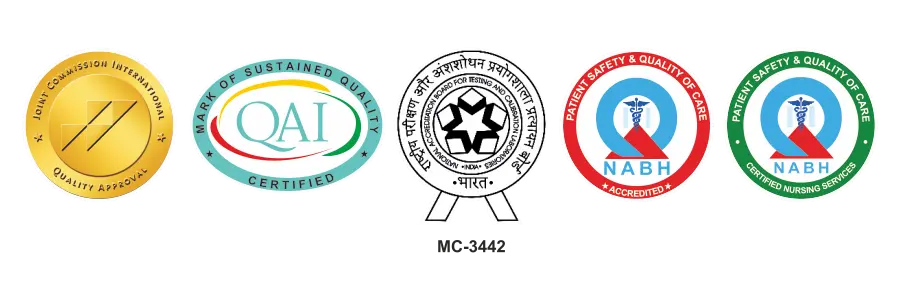Frequently Asked Questions
Infectious diseases are disorders caused by pathogenic microorganisms such as bacteria, viruses, parasites, or fungi. These diseases can spread from person to person, animal to person, or through environmental contamination.
You should consider consulting an infectious disease specialist if you have a condition that is difficult to diagnose if you require specialized treatment for an infection, or if you have a serious infection that is not responding to treatment.
Symptoms can vary depending on the type of infection, but common ones include fever, fatigue, cough, sore throat, body aches, diarrhea, and skin rashes.
Diagnosis often involves a combination of medical history, physical examination, laboratory tests (such as blood tests, cultures, and imaging studies), and sometimes biopsies or other specialized tests.
Preventive measures include practicing good hygiene (such as regular handwashing), getting vaccinated, avoiding close contact with sick individuals, practicing safe sex, and following food safety guidelines.
Not all infectious diseases can be treated with antibiotics. The appropriate treatment depends on the specific type of infection and its cause. Antibiotics are effective against bacterial infections but are not effective against viral infections.
Emerging infectious diseases are those that have recently appeared in a population or are rapidly increasing in incidence or geographic range. Examples include Zika virus, Ebola virus, and COVID-19.
Infectious diseases can spread through direct contact with infected individuals, through indirect contact (such as touching contaminated surfaces), through the air (via respiratory droplets), through contaminated food or water, or through vectors such as mosquitoes or ticks.
.webp)


 040 6700 0000
040 6700 0000  040 6700 0111
040 6700 0111







